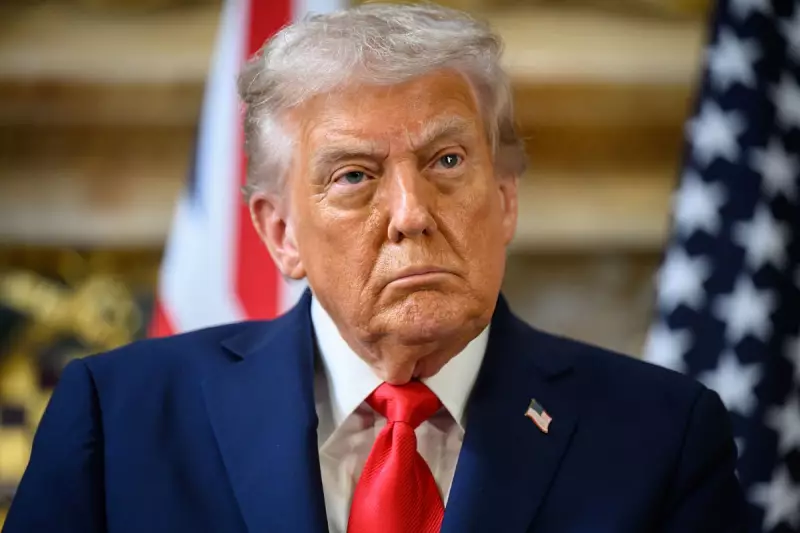
In a stunning revelation that threatens to reignite debates about the NHS's future in post-Brexit Britain, a secret recording has emerged exposing the Trump administration's direct pressure to include the health service in trade negotiations.
The explosive audio, obtained by POLITICO, captures former White House chief economic adviser Gary Cohn boasting about Washington's negotiating tactics during a private gathering in Washington. The recording directly contradicts repeated government assurances that the NHS would be protected from any trade deal with the United States.
The Smoking Gun Recording
In the clandestine recording, Cohn is heard declaring: "The U.S. doesn't need to demand anything because the U.K. is going to demand it... We're going to have a trade agreement with the U.K. and the U.K. is going to have full access to everything."
This statement suggests American negotiators believed Britain would voluntarily offer NHS access without explicit demands from Washington - a position that raises serious questions about the transparency of trade negotiations.
Sir Patrick Vallance's Stark Warning
Adding credibility to concerns about American intentions, the recording also reveals that Sir Patrick Vallance, then-Government Chief Scientific Adviser, privately warned about US interest in NHS drug pricing policies.
According to sources familiar with the discussion, Vallance expressed concerns that American negotiators were particularly focused on pharmaceutical pricing - a key component of NHS operations that could significantly impact healthcare costs.
Political Fallout and Denials
The timing of this revelation is particularly sensitive, coming as the Conservative government faces scrutiny over its handling of NHS-related promises during the Brexit campaign and subsequent trade negotiations.
While government officials have consistently denied any intention to include the NHS in trade deals, this recording provides the first concrete evidence of behind-the-scenes pressure from American officials.
The disclosure also raises questions about what other aspects of the negotiations might have been kept from public view, and whether similar pressures exist in current trade discussions with the Biden administration.





